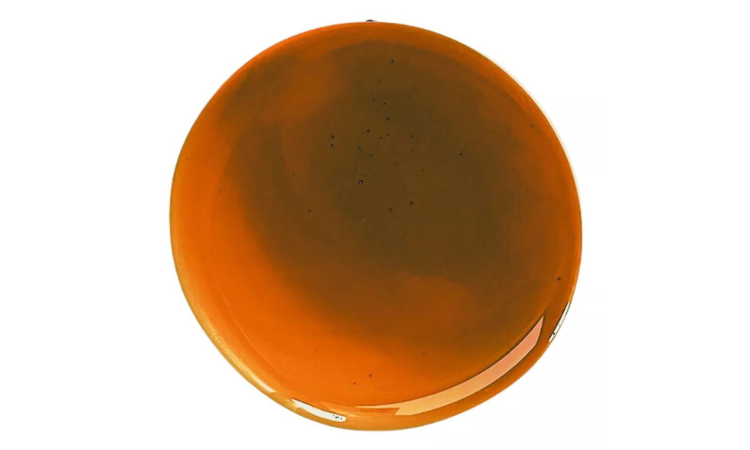One of the 150 phytocannabinoids found in cannabis and hemp plants is delta-9 tetrahydrocannabutol (delta-9 THCB). Like many other recently identified phytocannabinoids, it is present in these plants, but only in very small amounts.
With only minor changes in its chemical structure, Delta 9-THCB is a phytocannabinoid closely related to THC, the main psychoactive compound present in cannabis. Here’s what we currently know about THCB, with the research still in its early stages due to its novelty. Order this high-quality Delta 9-THCB now via WeeDutch (Europe).
How to describe Delta 9 THCB?
THCB functions similarly to THC through CB1 and CB2 receptors, which are present in our brain, central nervous system, immune cells, spleen and other organs. But compared to Delta 9-THC, Delta 9-THCB binds to CB1 receptors with a higher affinity. Compared to Delta 9-THC, it has a higher affinity, which implies that it binds to the CB1 receptors more effectively. It is still unclear how these affinities relate to the precise mechanisms through which the effects occur. Although its homolog Delta 9-THCB is 13 times more active with the CB1 receptor compared to Delta 9-THC, Delta 9-THCP is 33 times more active than Delta 9-THC. This suggests that because Delta 9-THCB binds to CB1 more readily than conventional Delta 9-THC, it may have greater potency than Delta 9-THC. In fact, this could change because Delta 9-THCB binds to a different region of the receptor.
An analytical reference standard known as 9-THCB is classified as a phytocannabinoid. This item is designed for forensic and investigative purposes.
THCB results
Unfortunately, there has only been one preclinical study on the butyl homologue of delta-9-THC.
To determine whether THCB had analgesic and anti-inflammatory properties, an in vivo test was performed.
According to this mouse study, THCB and regular Delta 9-THC had similar effects. The study specifically highlighted the possibility of THCB’s anti-inflammatory and analgesic effects.
Aside from its potential agonist activity at the CB1 and CB2 receptors, THCB has minimal research or background information. However, this binding activity may indicate a stronger THC than normal.
D9 THCB Benefits
Although less data is available, as mentioned above, scientists have shown that it has a similar physiological effect to Delta 9-THC.
The results of the completed animal studies indicate potential for analgesic and anti-inflammatory effects.
Despite this affinity, with Delta 9-THCB more easily attaching to CB1 receptors, there is insufficient evidence to say whether it causes intoxication.
But because it attaches more easily to CB1 receptors, it is thought to have more intense psychoactive effects than Delta 9-THC. Human studies are needed to determine any immediate or long-term effects of Delta 9-THCB.
Your supplier of Delta-9 THCB
You can obtain highly pure THCB extracts online from WeeDutch in large quantities. Although hydrogenated CBD isolate, also known as THCB, is relatively new to the market. Those who knew about it before the competition are taking advantage of the EU’s hydrogenated CBD bulk supply to increase profitability. Are you planning to give it a chance yet? Our goal is to help you.
Pricing

If you are interested in one of our products, please fill in the contact form below and a member of the WeeDutch team will get back to you right away!
References
1: Smith, RM Identification of butylcannabinoids in marijuana. J. Forensic Sci. 42(4), 610-618 (1997).
2: Harvey, DJ Characterization of the butyl homologues of Δ1-tetrahydrocannabinol, cannabinol and cannabidiol in cannabis samples by combined gas chromatography and mass spectrometry. J. Pharm. Pharmacol. 28(4), 280-285 (1976).
3:Linciano, P., Citti, C., Luongo, L., et al. Isolation of a cannabinoid with high affinity for the human CB1 receptor from a medicinal Cannabis sativa variety: Δ9-Tetrahydrocannabutol, the butyl homologue of Δ9-tetrahydrocannabinol. J. Nat. Prod. 83(1), 88-98 (2019).


